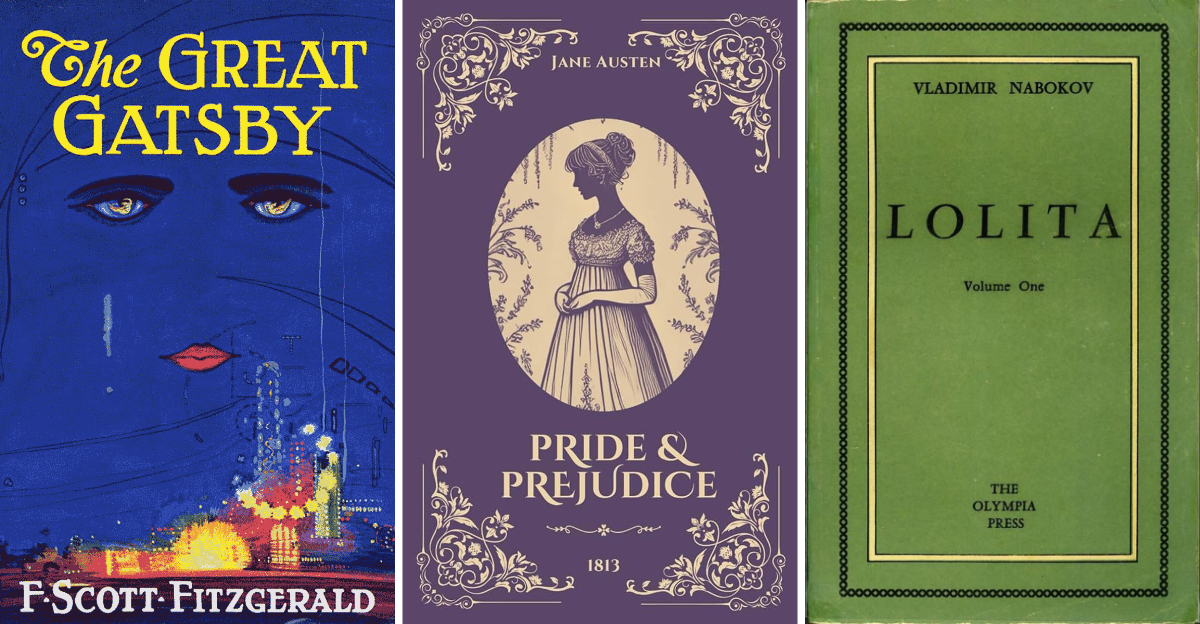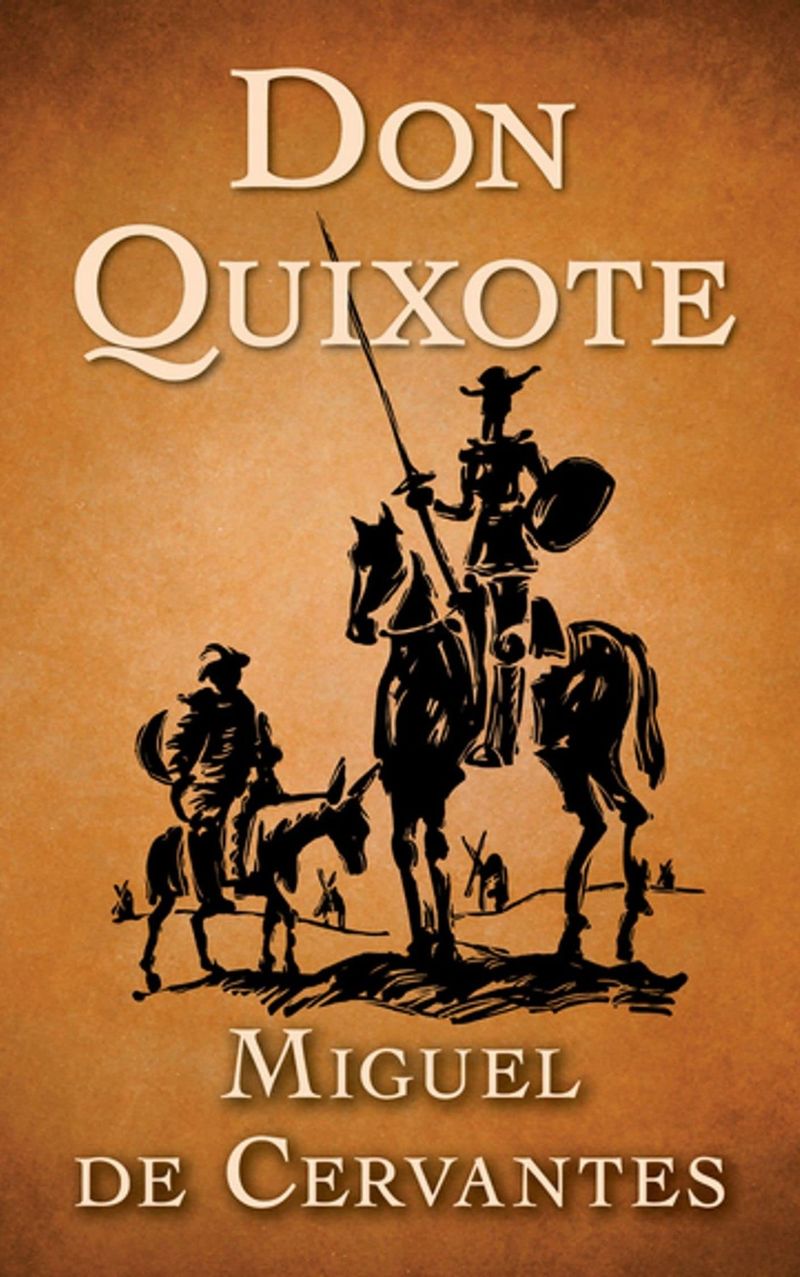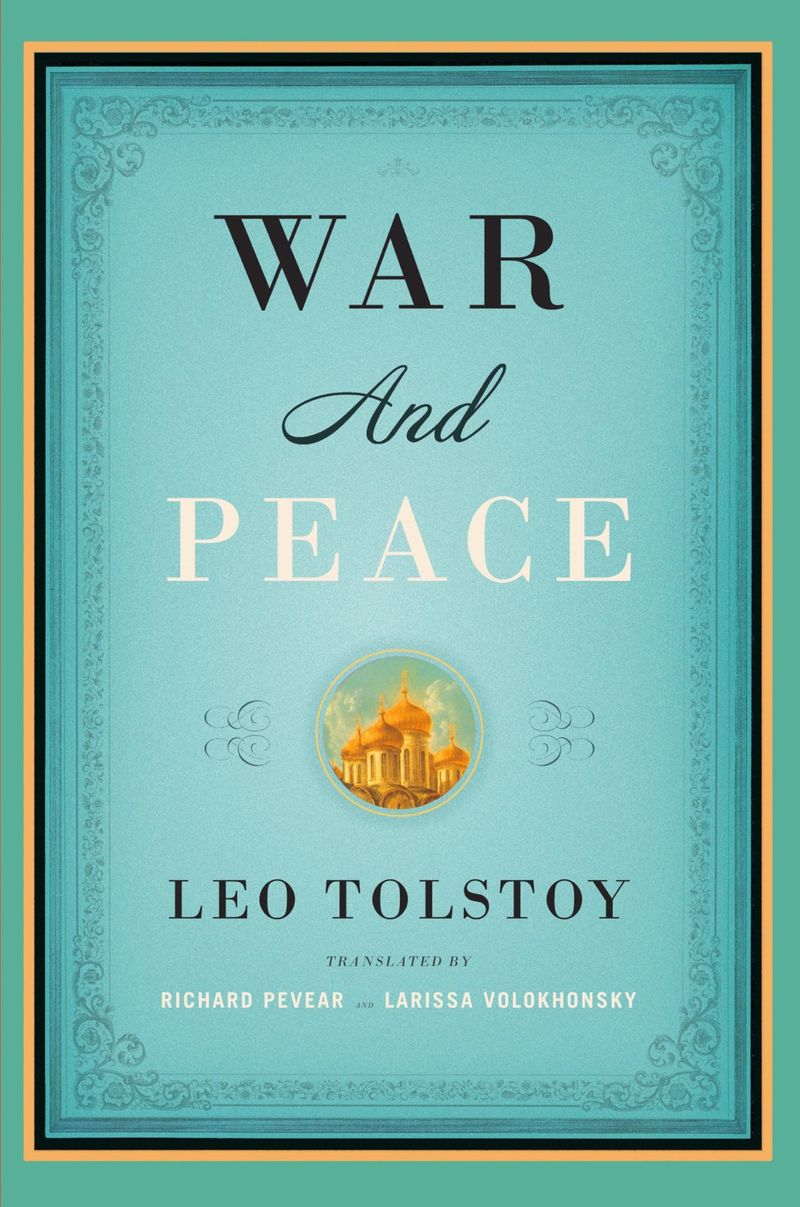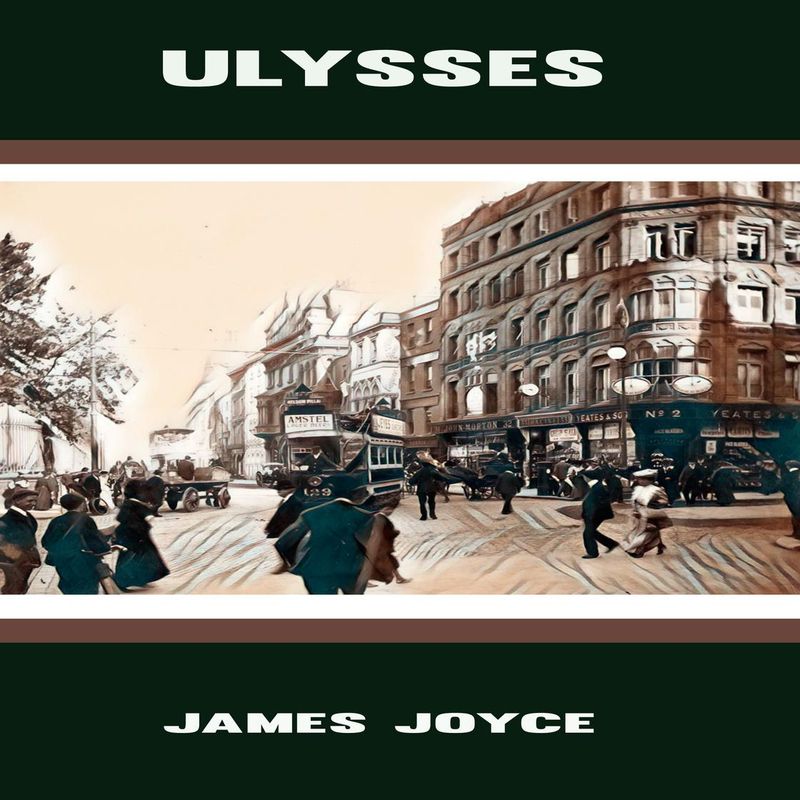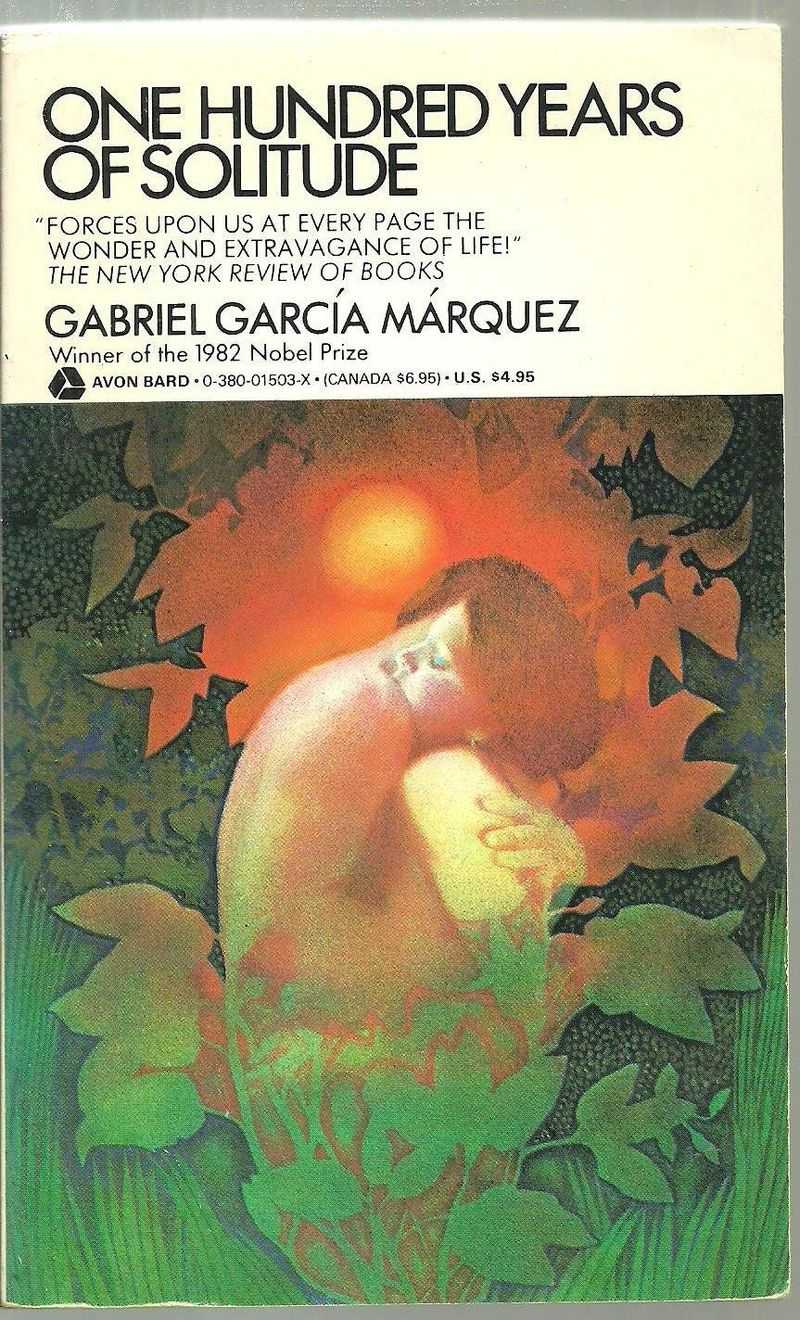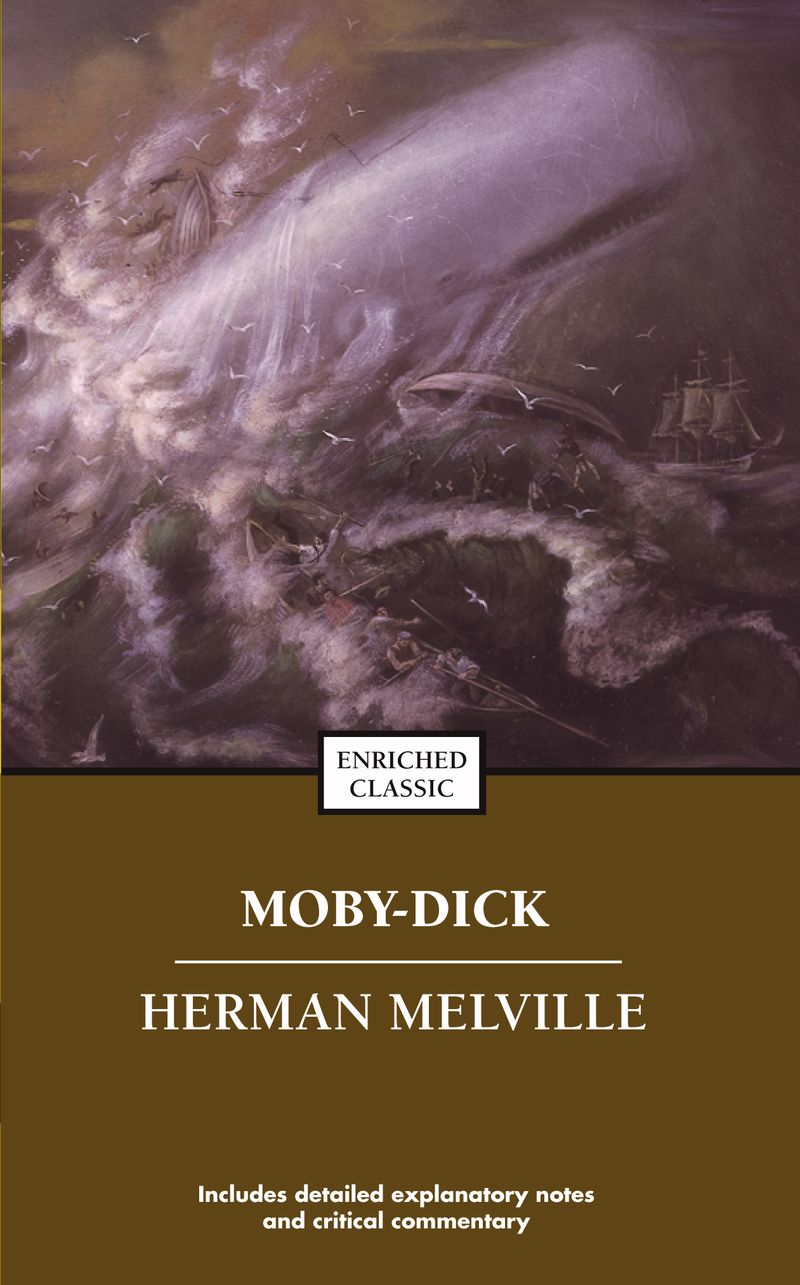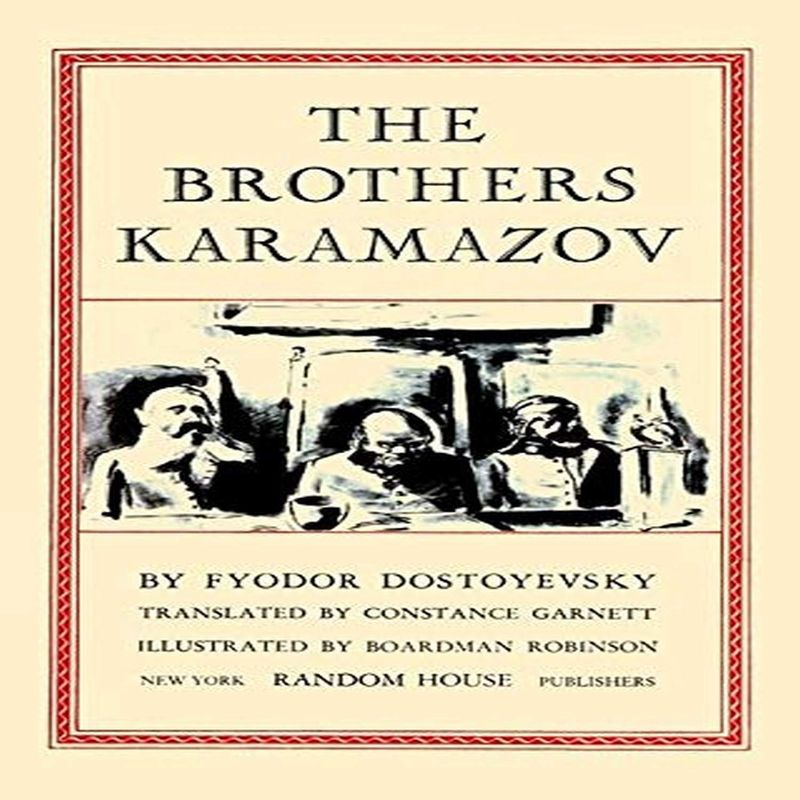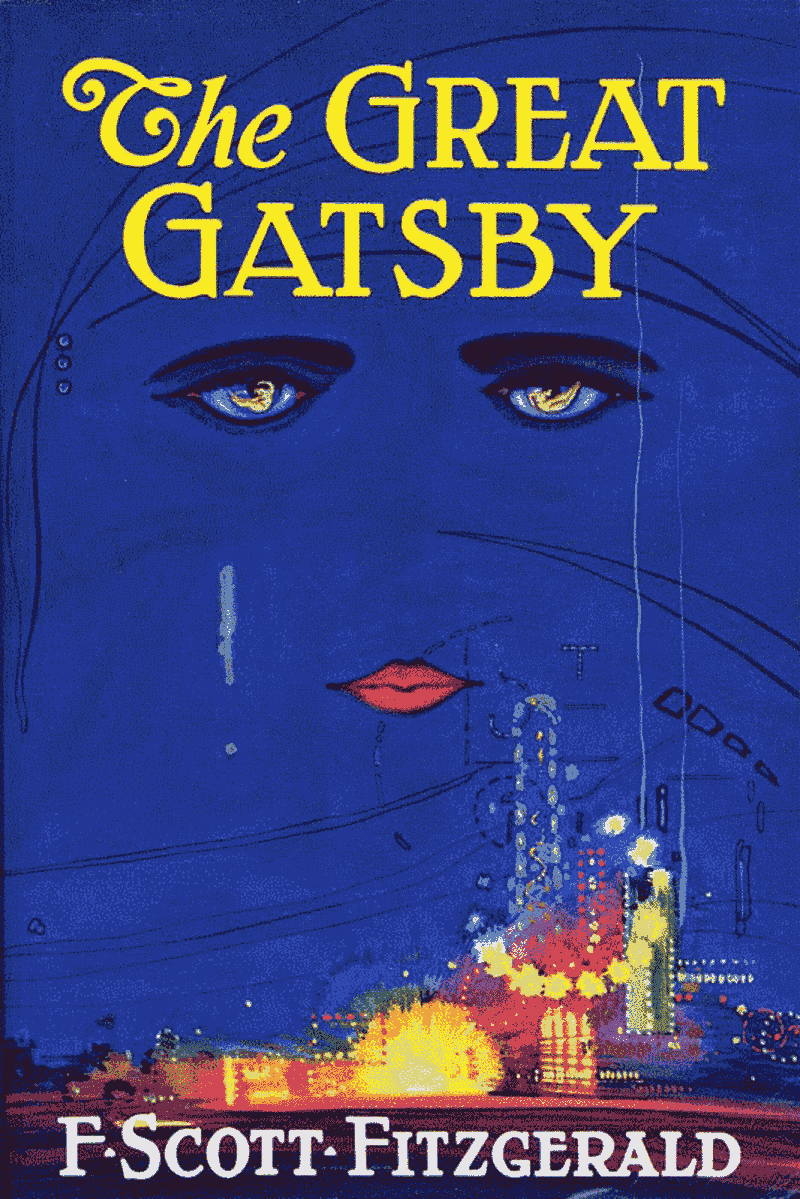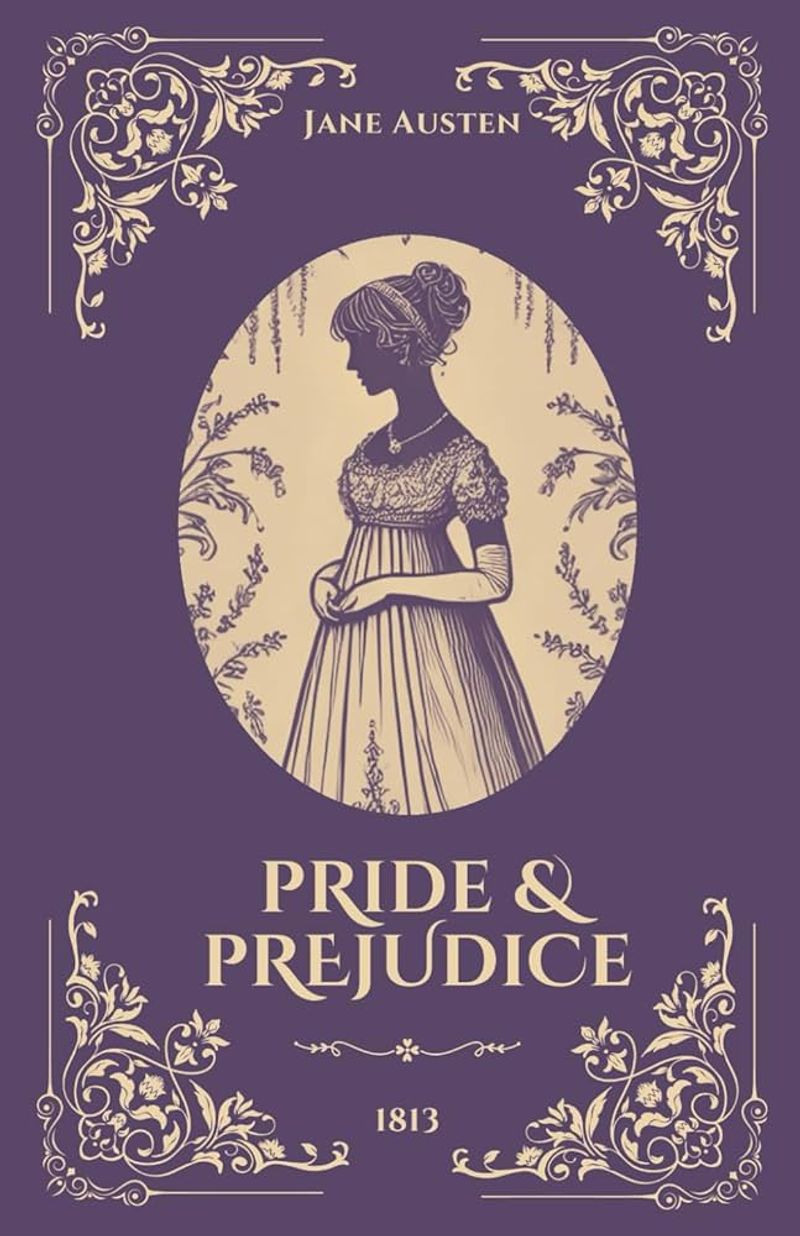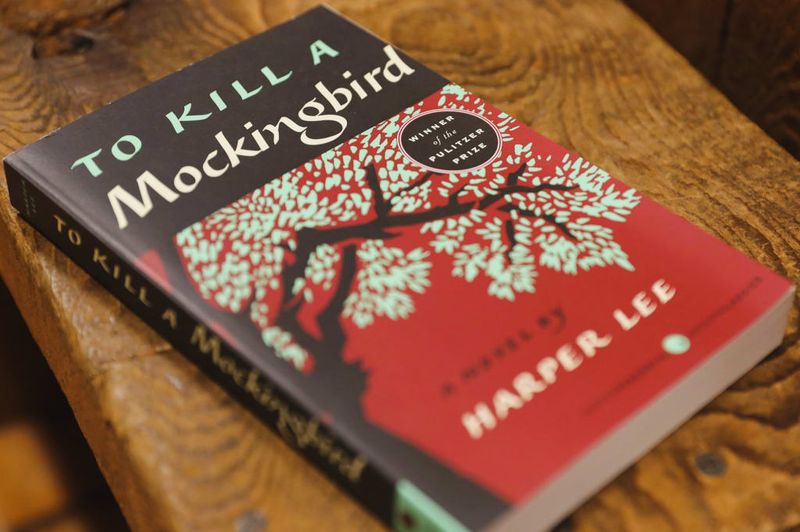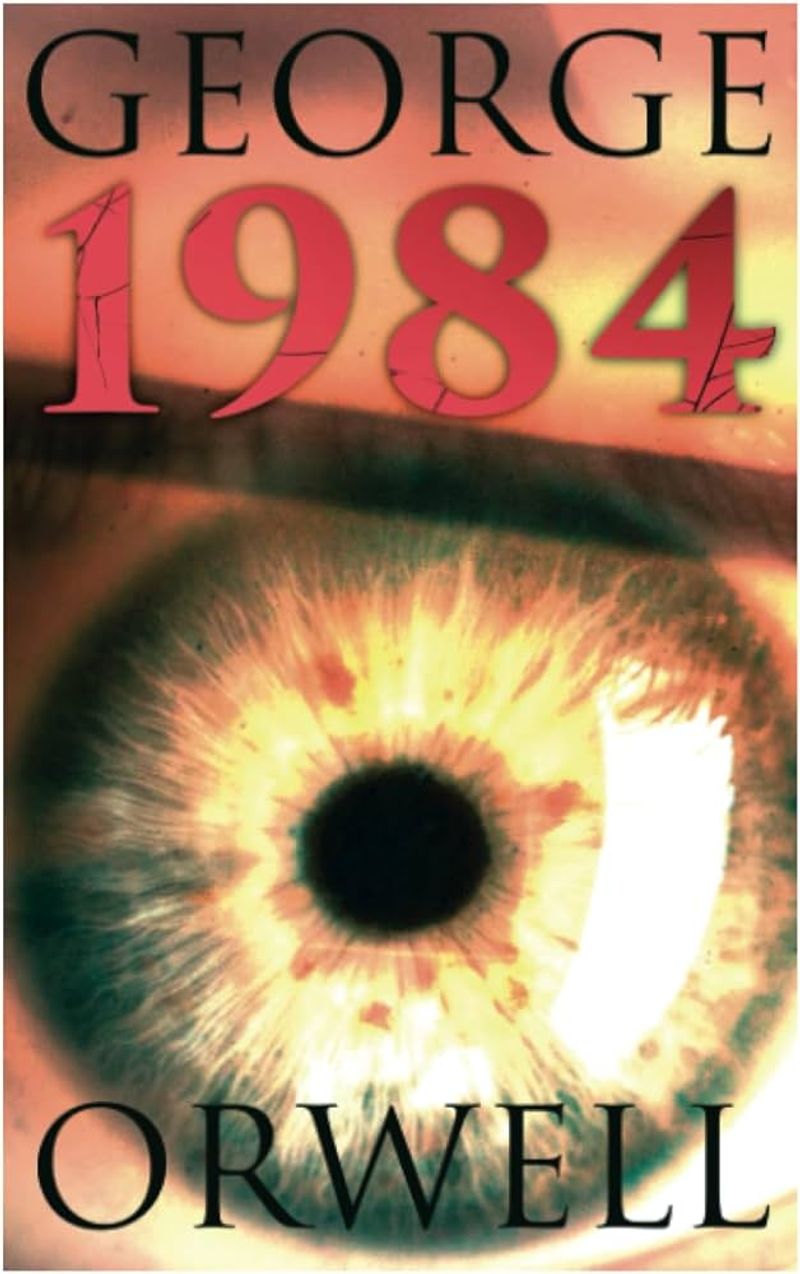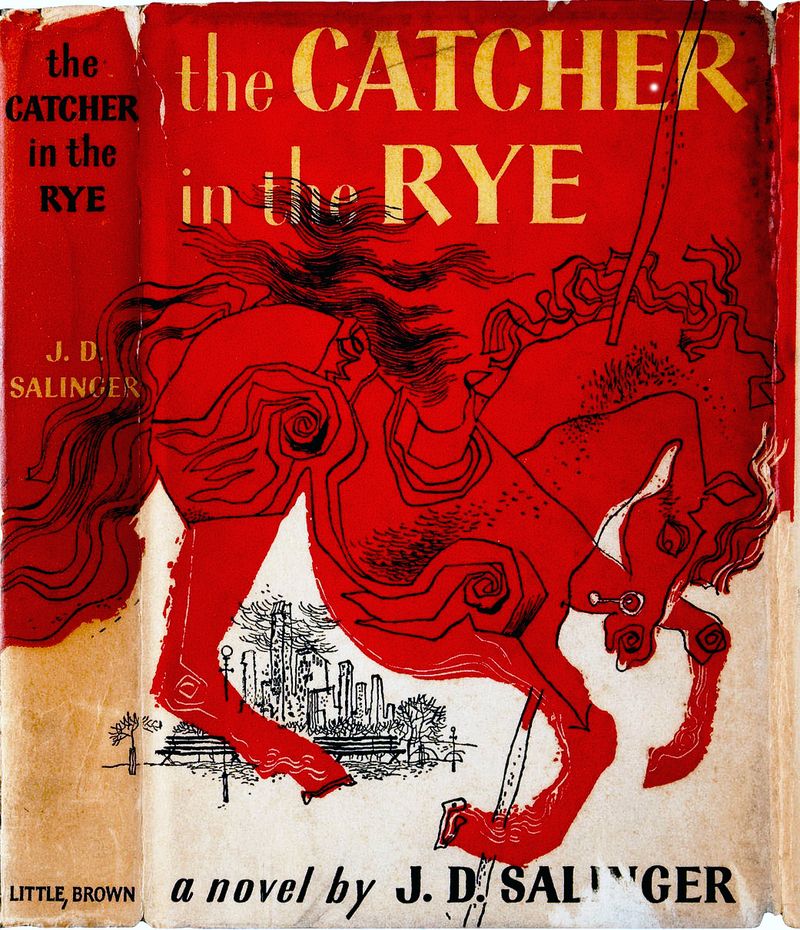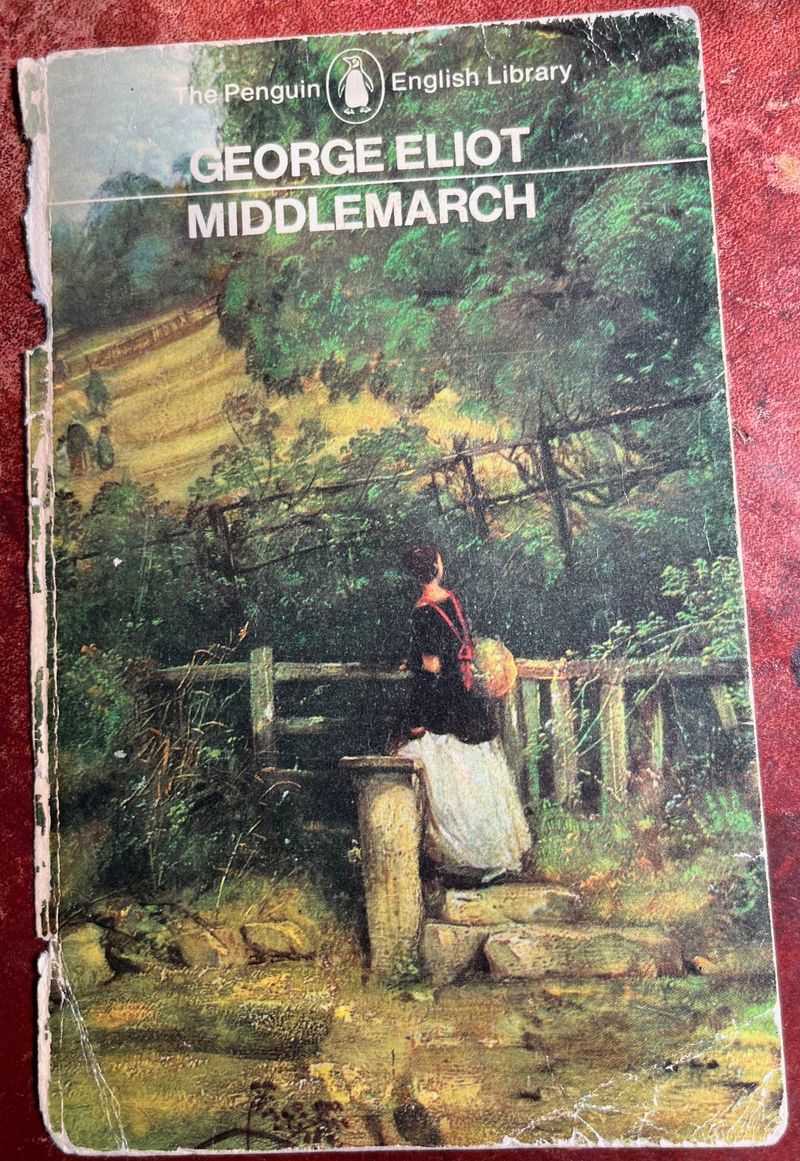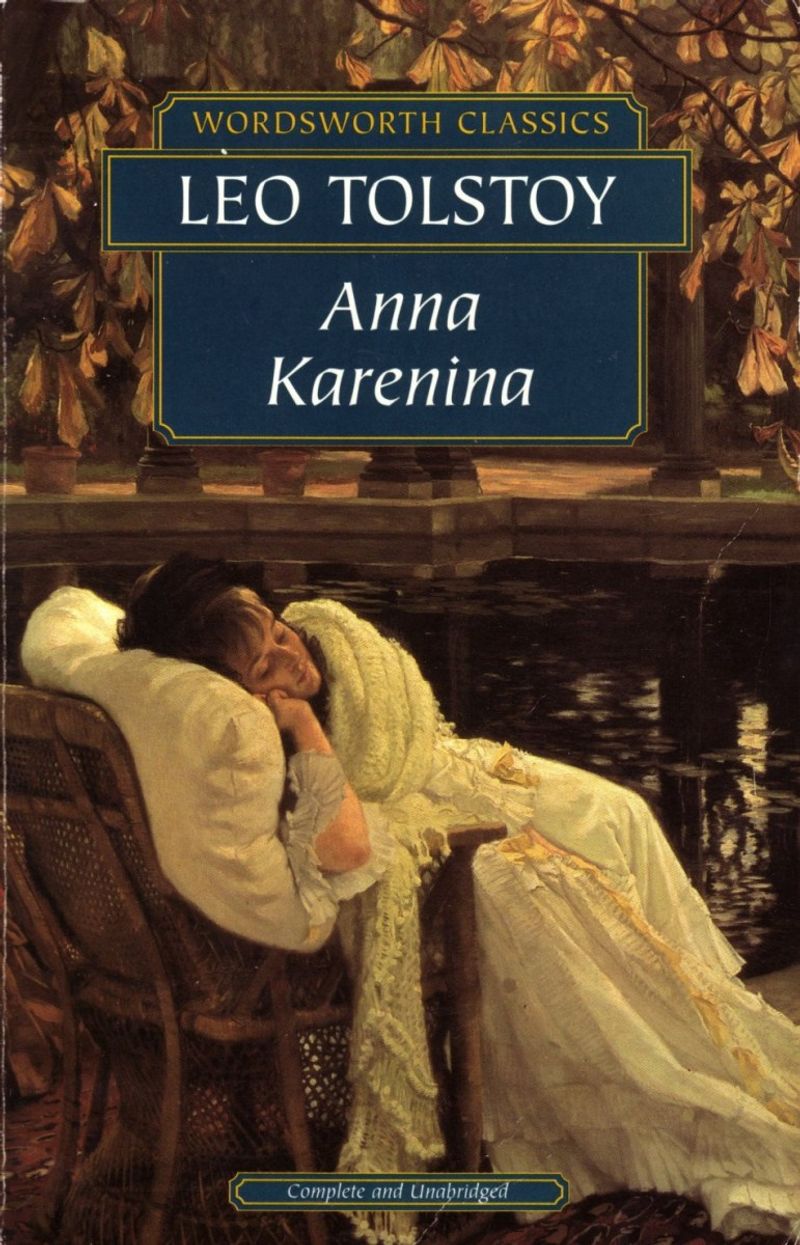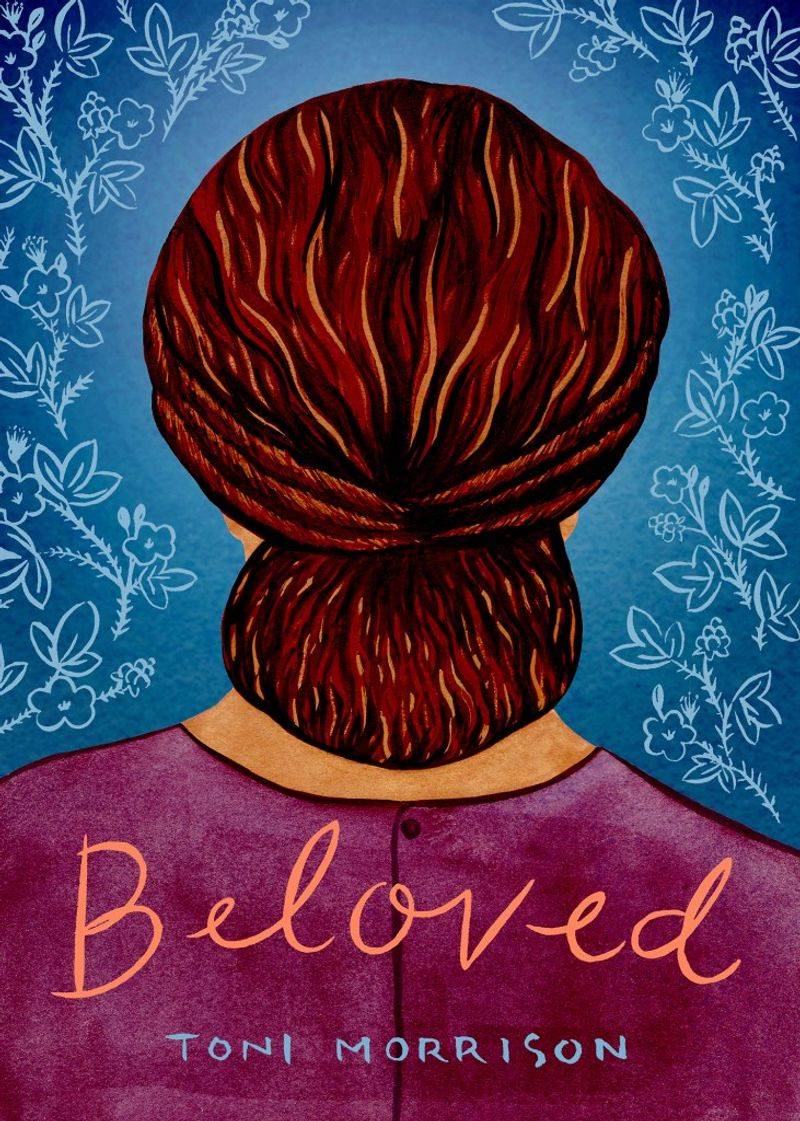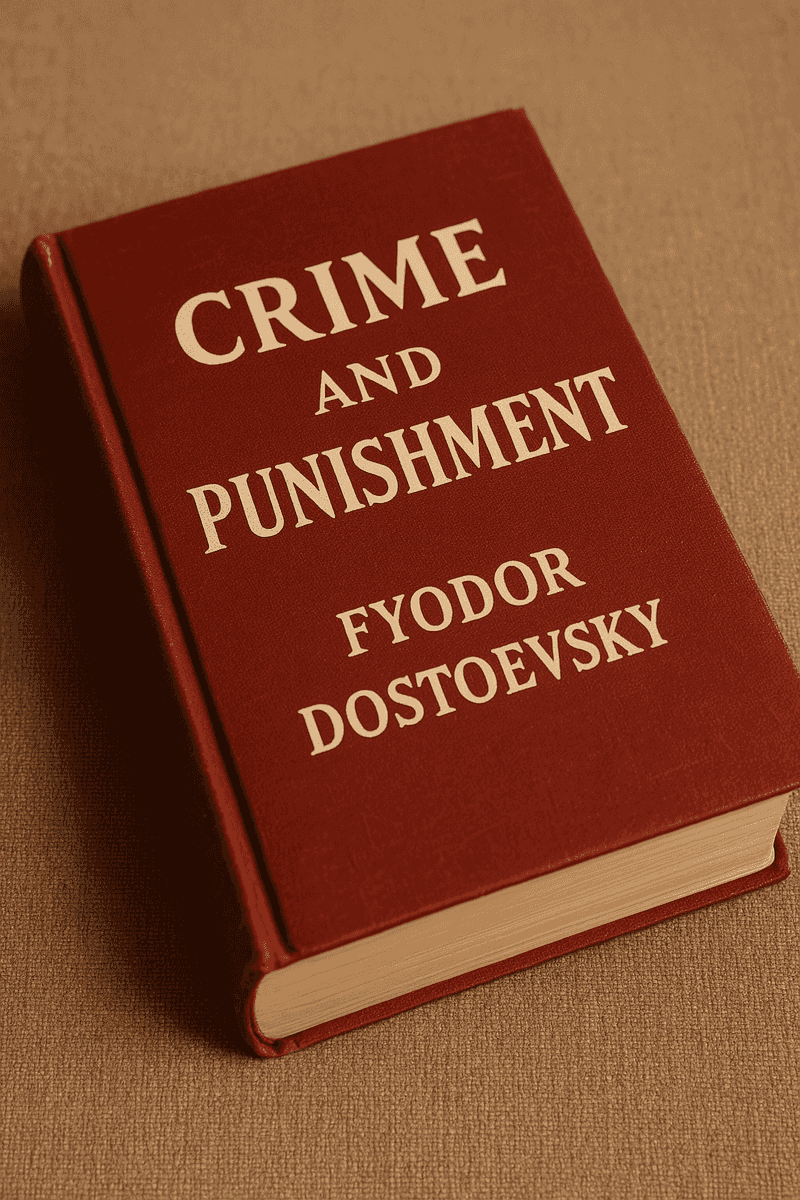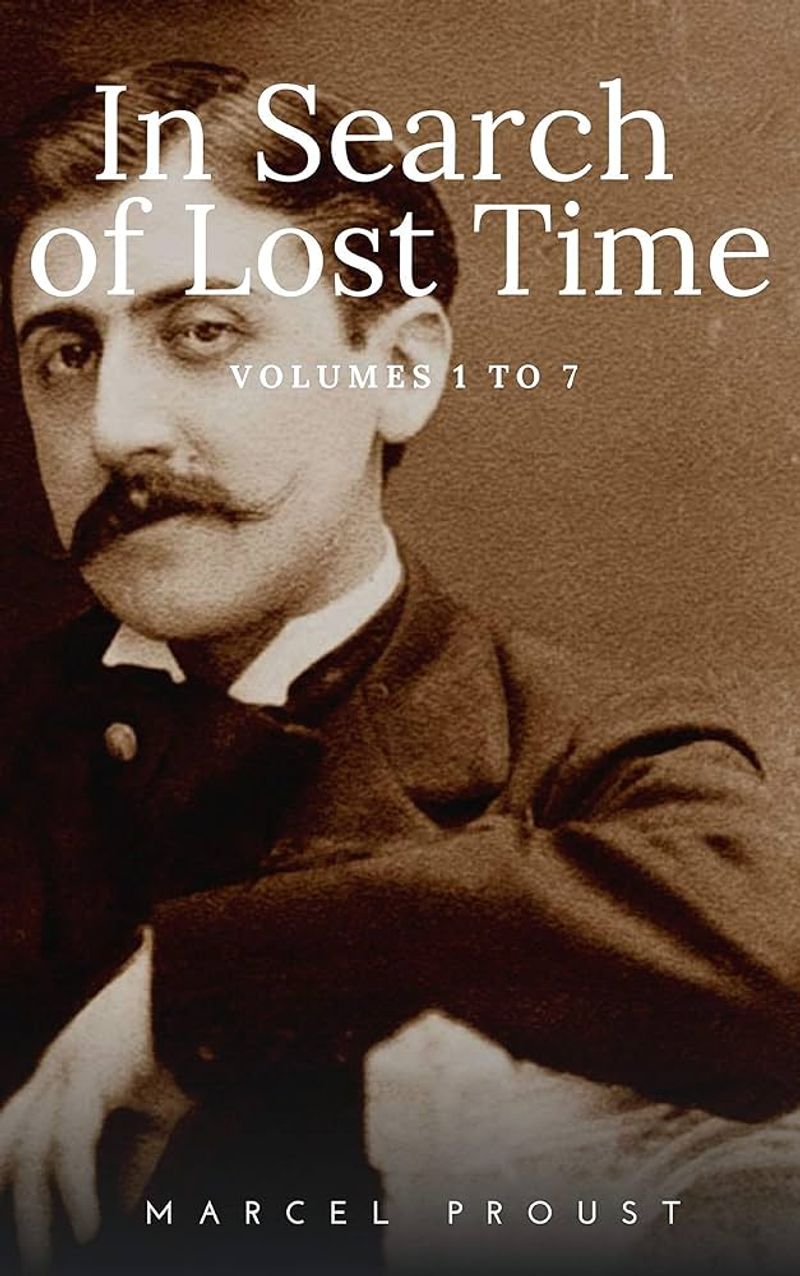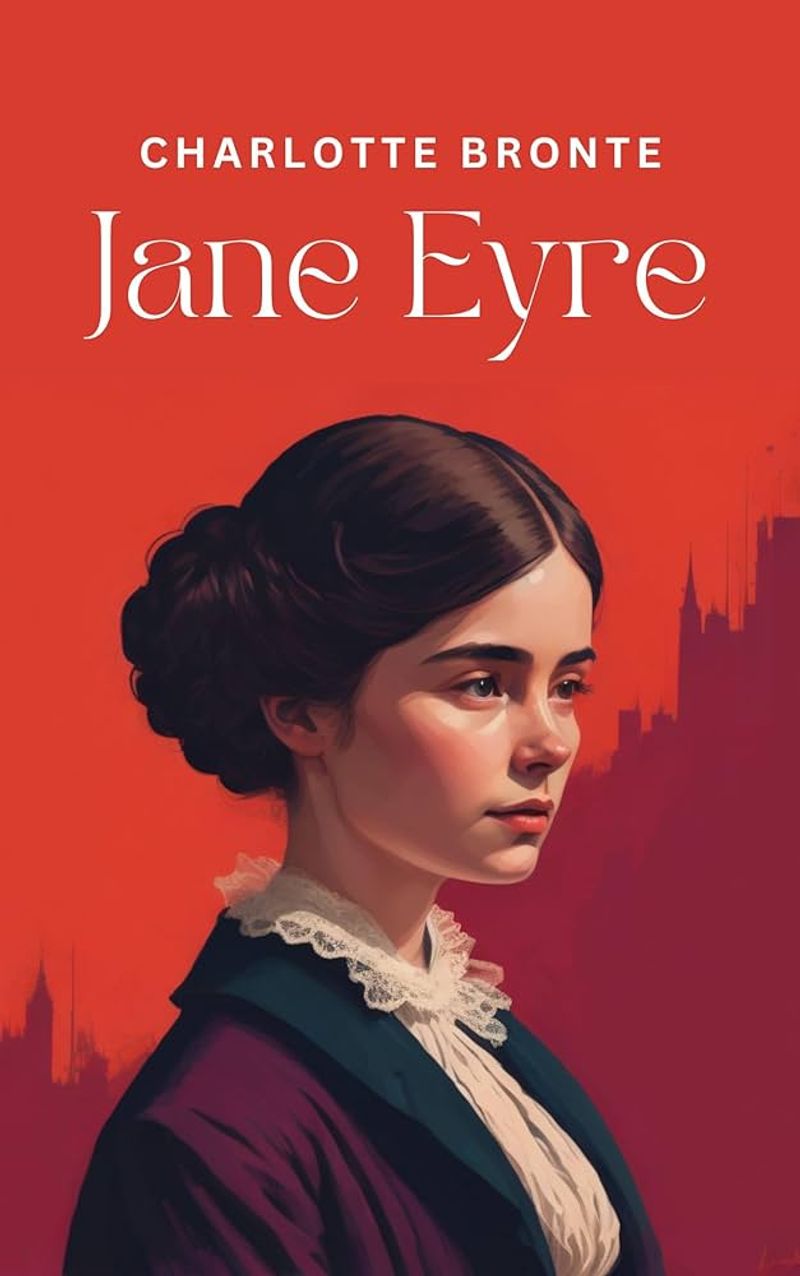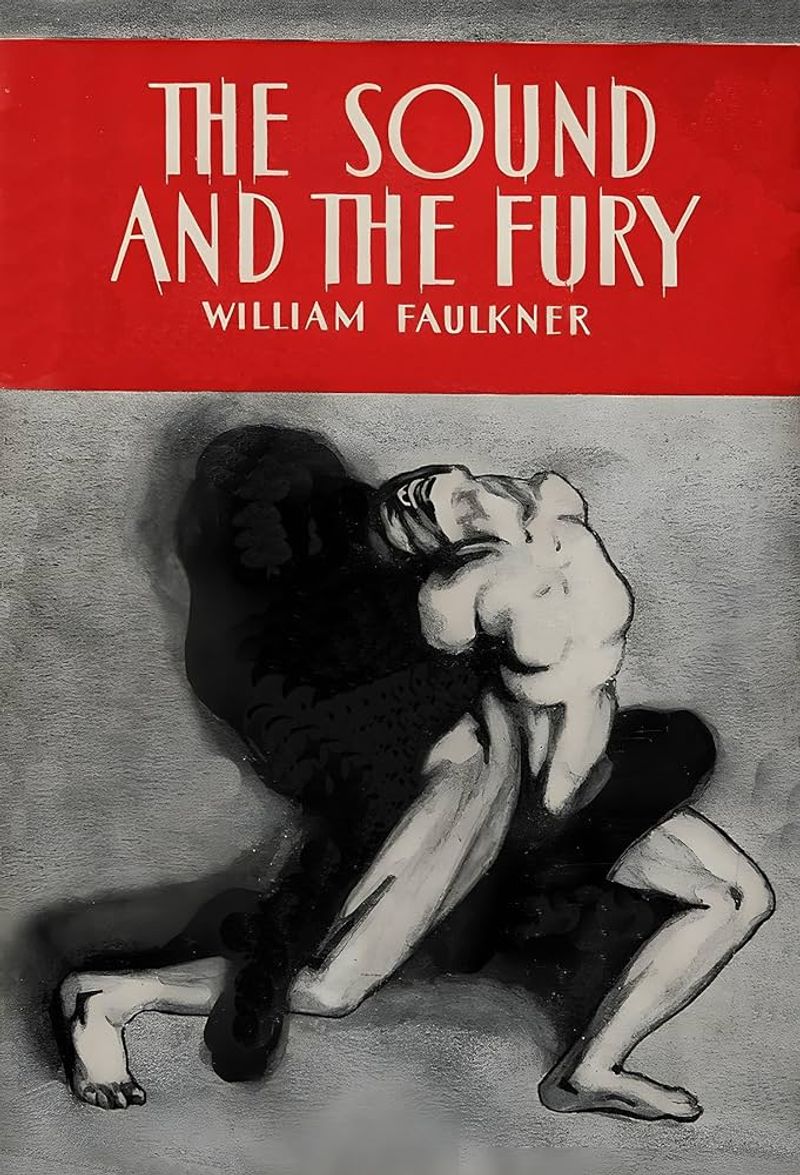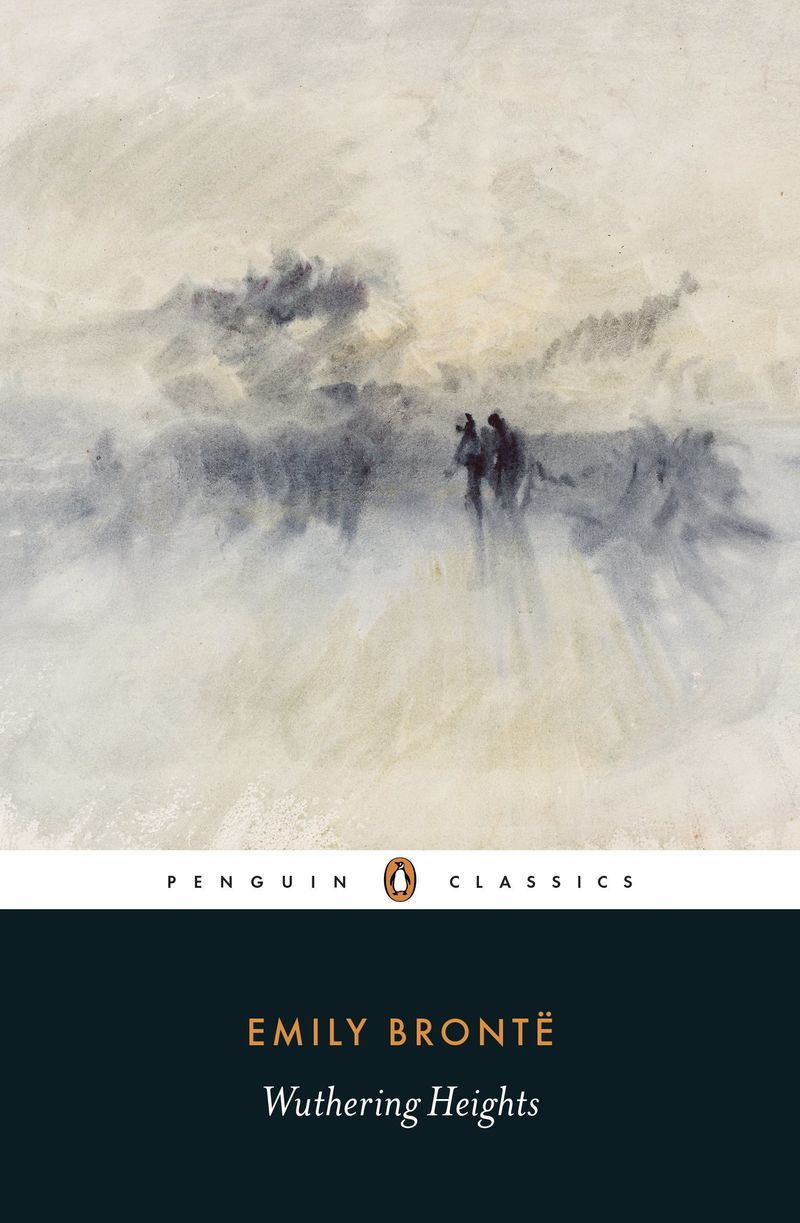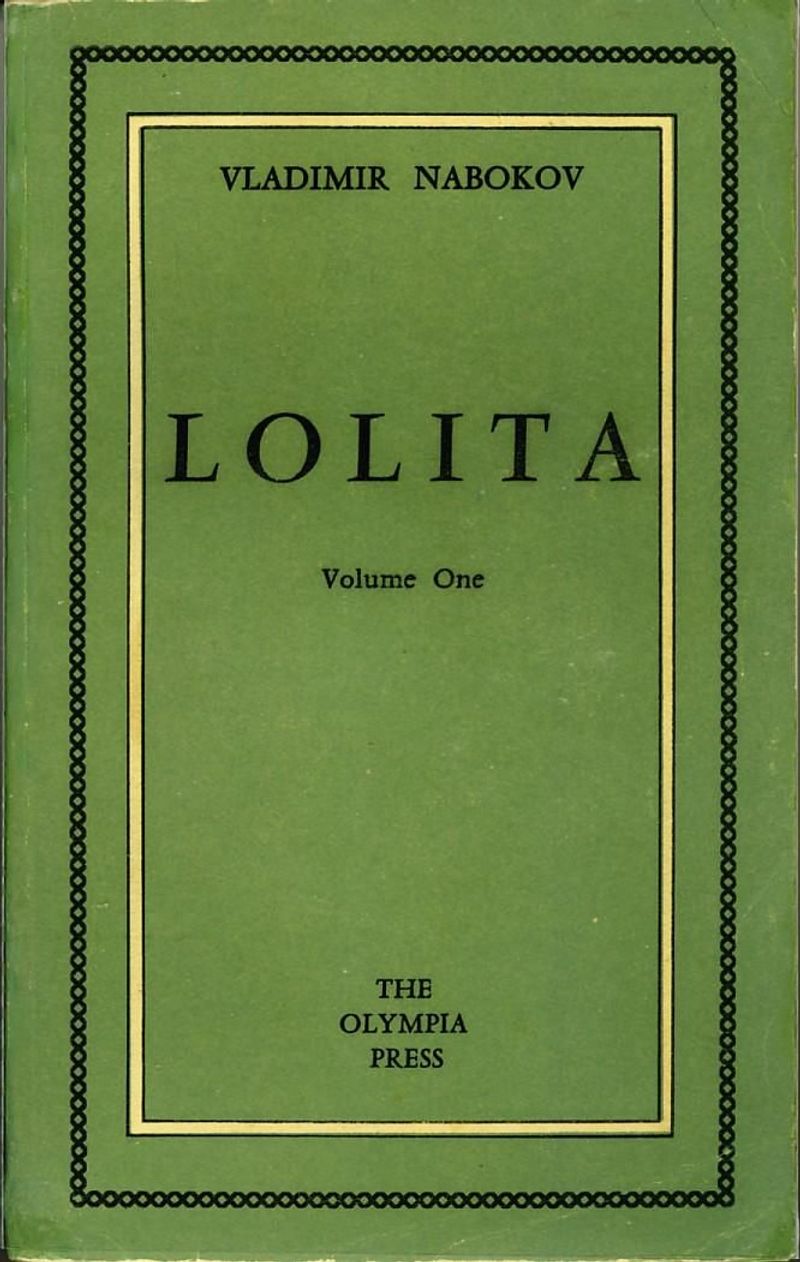Embarking on a literary journey through the pages of history’s greatest novels unveils a tapestry of human experience and imagination. Each story stands as a testament to the power of storytelling, capturing the essence of different eras, cultures, and emotions.
This list of 20 iconic novels invites readers to explore the depths of human nature, societal norms, and the boundless creativity of some of the most celebrated authors.
Prepare to be transported through time and place as we delve into these timeless classics.
20. Don Quixote by Miguel de Cervantes
In the heart of Spain, an aging knight sets out on a journey that melds reality with fantasy. Cervantes’ “Don Quixote” paints a vivid world where chivalry and imagination collide. The novel’s protagonist, with his rusty armor and steadfast steed, becomes a symbol of idealism confronting the mundane. Through his adventures, readers witness a reflective dance between dreams and the starkness of the everyday. It’s a tale that questions the boundaries of sanity and valor, wrapped in humor and pathos, leaving an indelible mark on literature.
19. War and Peace by Leo Tolstoy
Within the expansive narrative of “War and Peace,” Leo Tolstoy weaves a story that captures the essence of Russian society during the Napoleonic Wars. Characters navigate the tumult of conflict and the complexities of human relationships. The novel delves into the philosophical reflections of life, love, and destiny. Tolstoy’s meticulous attention to historical detail creates an immersive experience, bringing the past to life with vivid clarity. Through the eyes of its diverse cast, readers explore themes of honor, ambition, and the inexorable march of time.
18. Ulysses by James Joyce
James Joyce’s “Ulysses” is a masterpiece of modernist literature, mirroring Homer’s epic in the streets of Dublin over a single day. The novel’s stream-of-consciousness style captures the inner workings of its characters’ minds, offering a profound exploration of identity and existence. As readers accompany Leopold Bloom on his odyssey, they encounter a tapestry of emotions and experiences. Joyce’s innovative narrative technique challenges traditional storytelling, inviting reflection on the mundane and the extraordinary aspects of life. “Ulysses” stands as a testament to the intricacy of human thought and perception.
17. One Hundred Years of Solitude by Gabriel García Márquez
Gabriel García Márquez’s landmark work, “One Hundred Years of Solitude,” immerses readers in a world where reality and magical elements intertwine. The tale follows the Buendía family through generations in the mystical town of Macondo. Márquez’s rich prose and symbolic storytelling unravel themes of solitude, fate, and history. The novel’s imaginative narrative invites readers to reflect on the cyclical nature of human experience and the interconnectedness of past and present. With its blend of myth and reality, this masterpiece has left an indelible mark on the literary canon.
16. Moby-Dick by Herman Melville
Beyond the pursuit of the elusive white whale, Herman Melville’s “Moby-Dick” explores the complexities of obsession, humanity, and the sublime. Captain Ahab’s relentless quest for revenge against the formidable creature takes readers on a philosophical voyage through the tumultuous seas. The novel’s rich symbolism and intricate narrative delve into themes of fate, free will, and the nature of good and evil. Melville’s epic tale remains a profound meditation on the human condition, challenging readers to ponder the depths of ambition and the unknown.
15. The Brothers Karamazov by Fyodor Dostoevsky
Fyodor Dostoevsky’s “The Brothers Karamazov” delves into the depths of faith, morality, and free will through the intertwined lives of three brothers. Set in 19th-century Russia, the novel explores the complexities of human nature and ethical dilemmas. Each brother represents different facets of belief and doubt, inviting readers to ponder existential questions. Dostoevsky’s profound exploration of the human psyche and philosophical debates creates a gripping narrative. Through its intricate characters and themes, “The Brothers Karamazov” remains a timeless reflection on the essence of morality and spiritual struggle.
14. The Great Gatsby by F. Scott Fitzgerald
F. Scott Fitzgerald’s “The Great Gatsby” captures the essence of the Roaring Twenties, a time of illusion, wealth, and longing in America. Through the enigmatic Jay Gatsby’s pursuit of the unattainable Daisy Buchanan, the novel delves into themes of ambition, identity, and the American Dream. Fitzgerald’s lyrical prose paints a vivid picture of opulence and despair, as the characters navigate the complexities of love and societal expectations. “The Great Gatsby” stands as a poignant critique of the era’s excesses and a timeless reflection on the pursuit of happiness.
13. Pride and Prejudice by Jane Austen
Jane Austen’s “Pride and Prejudice” offers a clever critique of early 19th-century English society’s class and gender norms. Through the spirited Elizabeth Bennet, readers explore the intricacies of romance, family, and social expectations. Austen’s witty prose and keen observations create a world where love and prejudice collide, revealing the transformative power of understanding and acceptance. The novel remains a beloved classic, resonating with readers through its timeless themes and endearing characters. Elizabeth and Mr. Darcy’s evolving relationship captures the essence of personal growth and the triumph of love over societal conventions.
12. To Kill a Mockingbird by Harper Lee
Set in the American South during the 1930s, Harper Lee’s “To Kill a Mockingbird” weaves a poignant narrative of race, justice, and morality through the eyes of a child. Scout Finch’s journey from innocence to understanding is framed by her father’s principled stand against racial prejudice. Lee’s powerful portrayal of small-town life and its complexities encourages readers to examine their own beliefs and biases. The novel’s exploration of empathy, courage, and social justice remains a compelling reminder of the enduring fight for equality and human rights.
11. 1984 by George Orwell
George Orwell’s “1984” presents a chilling vision of a dystopian future where surveillance, censorship, and authoritarianism reign. Through the eyes of Winston Smith, readers experience a society stripped of individuality and freedom. Orwell’s stark depiction of a totalitarian regime serves as a powerful warning of the dangers of unchecked power and manipulation. The novel’s exploration of truth, identity, and resistance resonates with contemporary discussions on privacy and freedom. “1984” remains a seminal work of cautionary fiction, challenging readers to reflect on the balance between security and liberty.
10. The Catcher in the Rye by J.D. Salinger
J.D. Salinger’s “The Catcher in the Rye” captures the raw voice of adolescence through the eyes of Holden Caulfield. Set against the backdrop of 1950s New York City, the novel explores themes of isolation, identity, and rebellion. Holden’s candid and often cynical observations reveal a deep longing for authenticity in a world perceived as phony. Salinger’s portrayal of teenage angst and vulnerability resonates with readers across generations, making it a defining work of American literature. The novel’s enduring appeal lies in its honest exploration of the struggles of growing up and finding one’s place.
9. Middlemarch by George Eliot
George Eliot’s “Middlemarch” offers a panoramic view of life in a Victorian-era English town, exploring themes of social change, intellectual ambition, and human desire. The novel’s rich tapestry of characters and intersecting plots provides a profound commentary on the complexities of society and individual aspirations. Eliot’s keen insight into the human condition is reflected in the struggles and triumphs of her characters. “Middlemarch” remains a timeless examination of the pursuit of knowledge, love, and purpose, capturing the essence of a changing world and the enduring quest for meaning in life.
8. Anna Karenina by Leo Tolstoy
In “Anna Karenina,” Leo Tolstoy crafts a sweeping narrative of love, betrayal, and societal norms. Set against the backdrop of Russian aristocracy, the novel explores the complexities of relationships and the consequences of societal expectations. Anna’s passionate affair with Count Vronsky challenges the boundaries of fidelity and personal fulfillment. Tolstoy’s intricate portrayal of human emotions and moral dilemmas offers a profound reflection on love’s transformative power. “Anna Karenina” remains a timeless exploration of the human heart, capturing the tension between desire and duty in a world bound by tradition.
7. Beloved by Toni Morrison
Toni Morrison’s “Beloved” delves into the haunting legacy of slavery, exploring its psychological impact on generations. Sethe, a former slave, grapples with the memories and traumas that continue to shape her life. Morrison’s lyrical prose and poignant storytelling offer a profound exploration of identity, memory, and resilience. The novel’s haunting atmosphere and symbolic elements create a narrative that resonates deeply with readers. “Beloved” stands as a testament to the enduring power of storytelling in confronting the past and seeking healing and redemption in the face of unimaginable suffering.
6. Crime and Punishment by Fyodor Dostoevsky
In “Crime and Punishment,” Fyodor Dostoevsky delves into the psychological depths of guilt, redemption, and moral conflict. The novel follows Raskolnikov, a tormented young man, as he grapples with the consequences of his actions. Dostoevsky’s exploration of the human psyche and ethical dilemmas creates a gripping narrative that challenges readers to ponder questions of justice and conscience. Set against the backdrop of 19th-century Russia, the novel’s intricate characters and themes offer a profound reflection on the complexities of human nature and the search for redemption.
5. In Search of Lost Time by Marcel Proust
Marcel Proust’s “In Search of Lost Time” is a lyrical exploration of memory, time, and artistic purpose. Through the narrator’s introspective journey, the novel delves into the intricacies of human experience and the passage of time. Proust’s rich prose and vivid imagery create a tapestry of emotions, inviting readers to reflect on the fleeting nature of life and the enduring power of memory. The novel’s contemplative tone and intricate narrative structure offer a profound examination of the relationships between past, present, and future in the pursuit of meaning and understanding.
4. Jane Eyre by Charlotte Brontë
Charlotte Brontë’s “Jane Eyre” weaves a gothic romance infused with themes of resilience, self-respect, and identity. The novel follows the journey of Jane, a determined and independent governess, as she navigates love, societal expectations, and personal empowerment. Brontë’s evocative prose and atmospheric setting create a world where passion and morality collide. “Jane Eyre” remains a timeless exploration of the human spirit’s capacity for strength and transformation. The novel’s enduring appeal lies in its portrayal of a heroine who defies convention and embraces her true self.
3. The Sound and the Fury by William Faulkner
William Faulkner’s “The Sound and the Fury” is a Southern Gothic experiment in narrative structure, exploring family decay and personal tragedy. Through the fragmented perspectives of the Compson family, the novel delves into themes of time, memory, and identity. Faulkner’s innovative storytelling challenges traditional narrative forms, inviting readers to piece together the complex emotional landscape. The novel’s haunting atmosphere and intricate characterizations offer a profound reflection on the passage of time and the enduring impact of the past. “The Sound and the Fury” remains a seminal work of modernist literature, capturing the essence of human fragility and resilience.
2. Wuthering Heights by Emily Brontë
Emily Brontë’s “Wuthering Heights” unfolds a tempestuous tale of love and revenge set on the rugged Yorkshire moors. The novel’s intense emotions and complex characters create a haunting narrative that explores themes of passion, obsession, and the destructive power of love. Brontë’s atmospheric setting and evocative prose capture the raw beauty and tumultuous spirit of the moors. “Wuthering Heights” remains a classic of English literature, reflecting the depths of human emotion and the enduring struggle between desire and morality.
1. Lolita by Vladimir Nabokov
Vladimir Nabokov’s “Lolita” offers a beautifully written yet morally unsettling exploration of obsession and manipulation. Through Humbert Humbert’s disturbing narrative, the novel delves into themes of power, desire, and the blurred lines of morality. Nabokov’s masterful prose and intricate storytelling create a narrative that challenges readers to confront uncomfortable truths. “Lolita” remains a controversial and thought-provoking work, examining the complexities of human desire and the consequences of unchecked obsession. The novel’s enduring impact lies in its ability to spark discussion and reflection on ethical boundaries and artistic expression.
